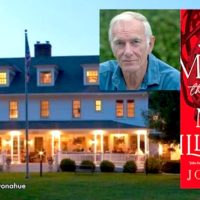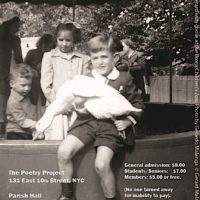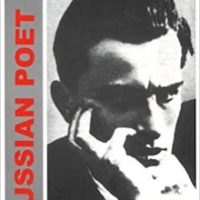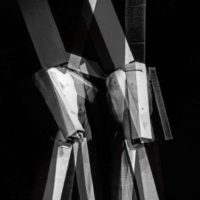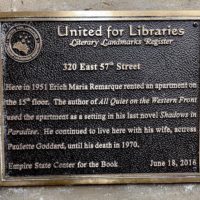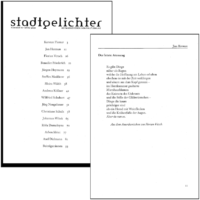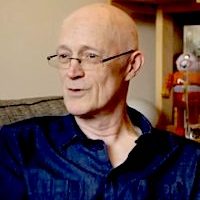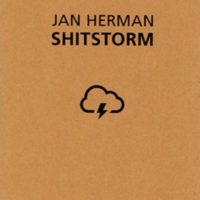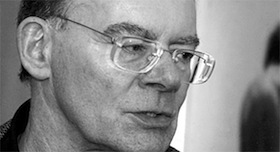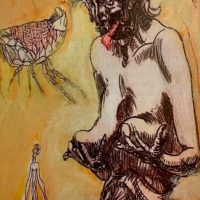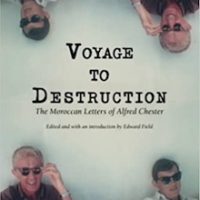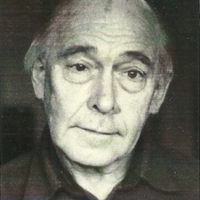After reading the prologue, tell me you’re not drawn into this refugee’s tale:
“Behind me lay a long and perilous road, the Via Dolorosa of all those who had fled from the Hitler regime. … Even after leaving Germany we were not safe. Only a very few of us had valid passports or visas. When the police caught us, we were thrown into jail and deported. Without papers we could not work legally or stay in one place for long. We were perpetually on the move.”


